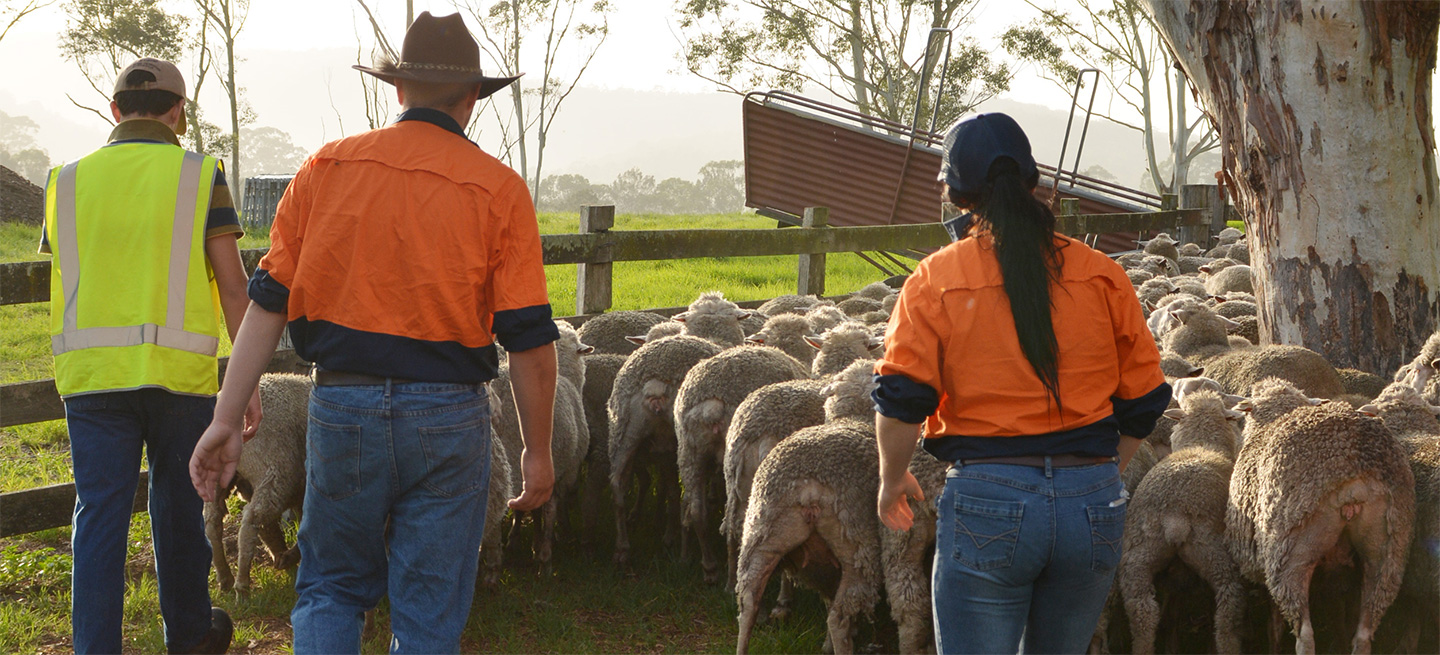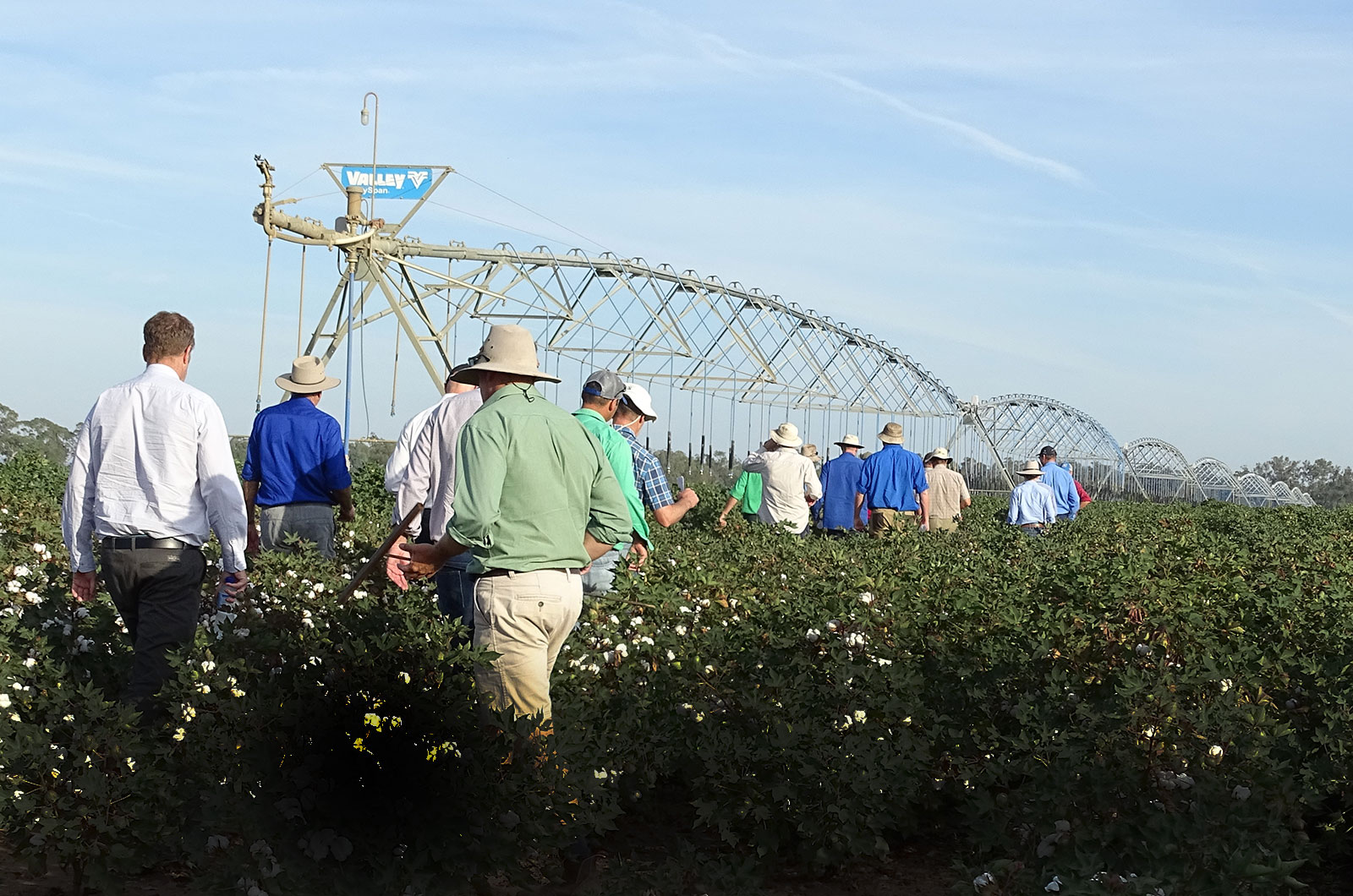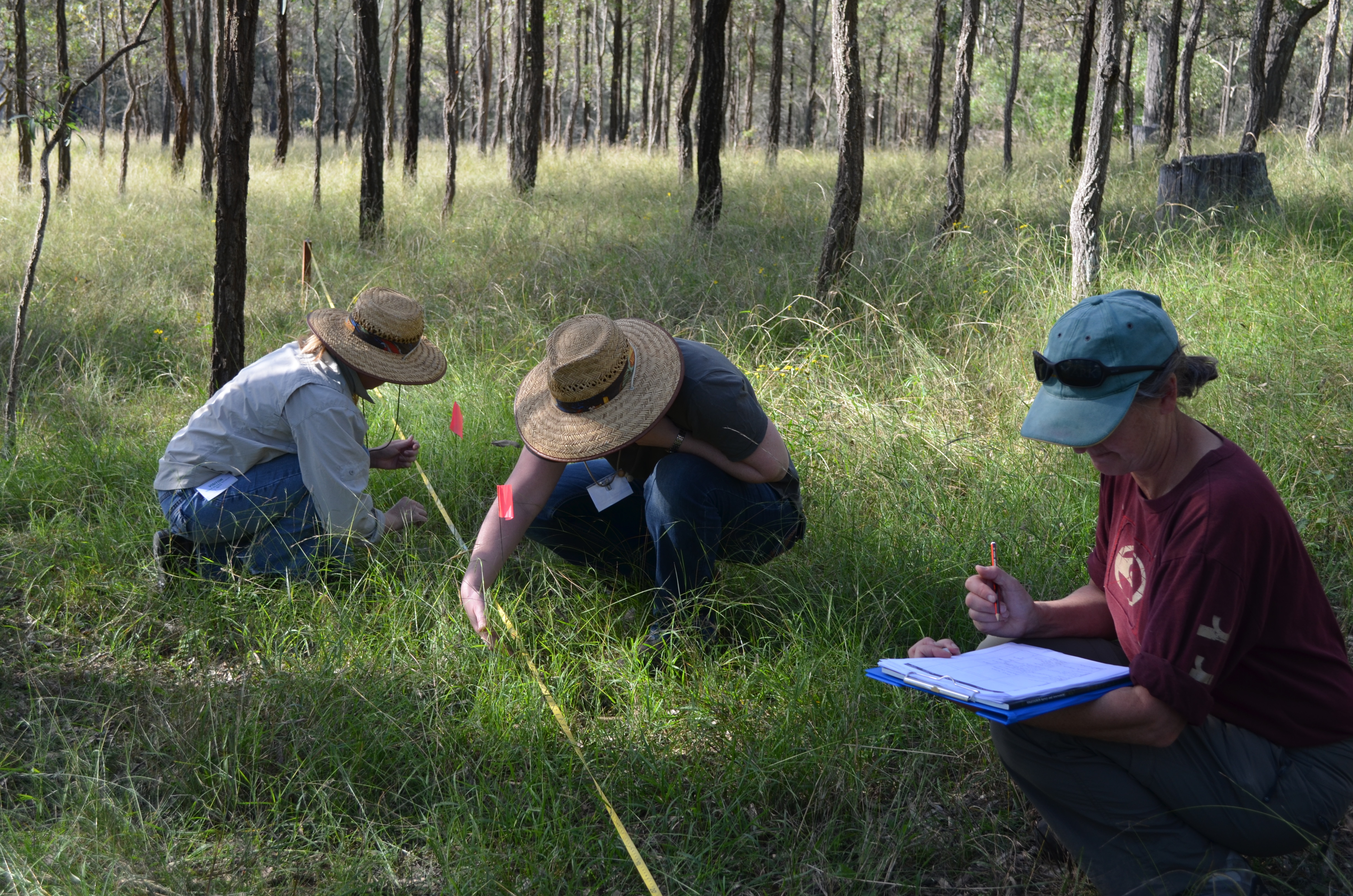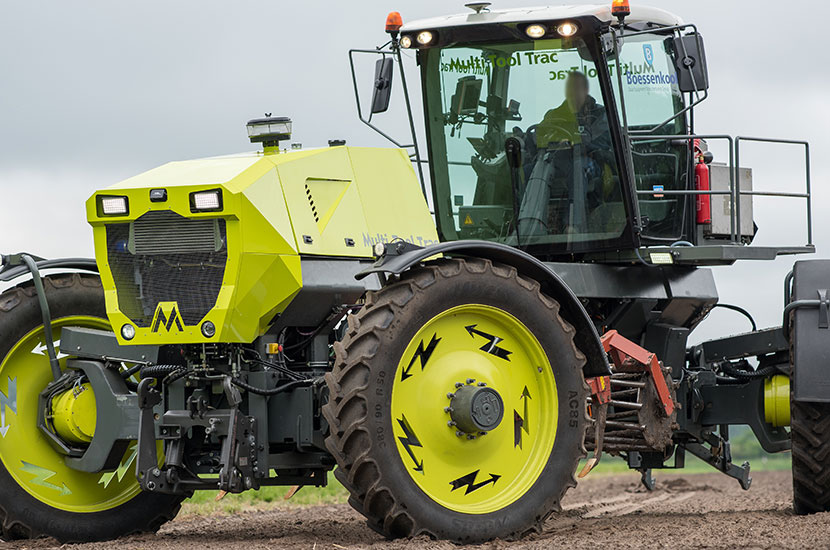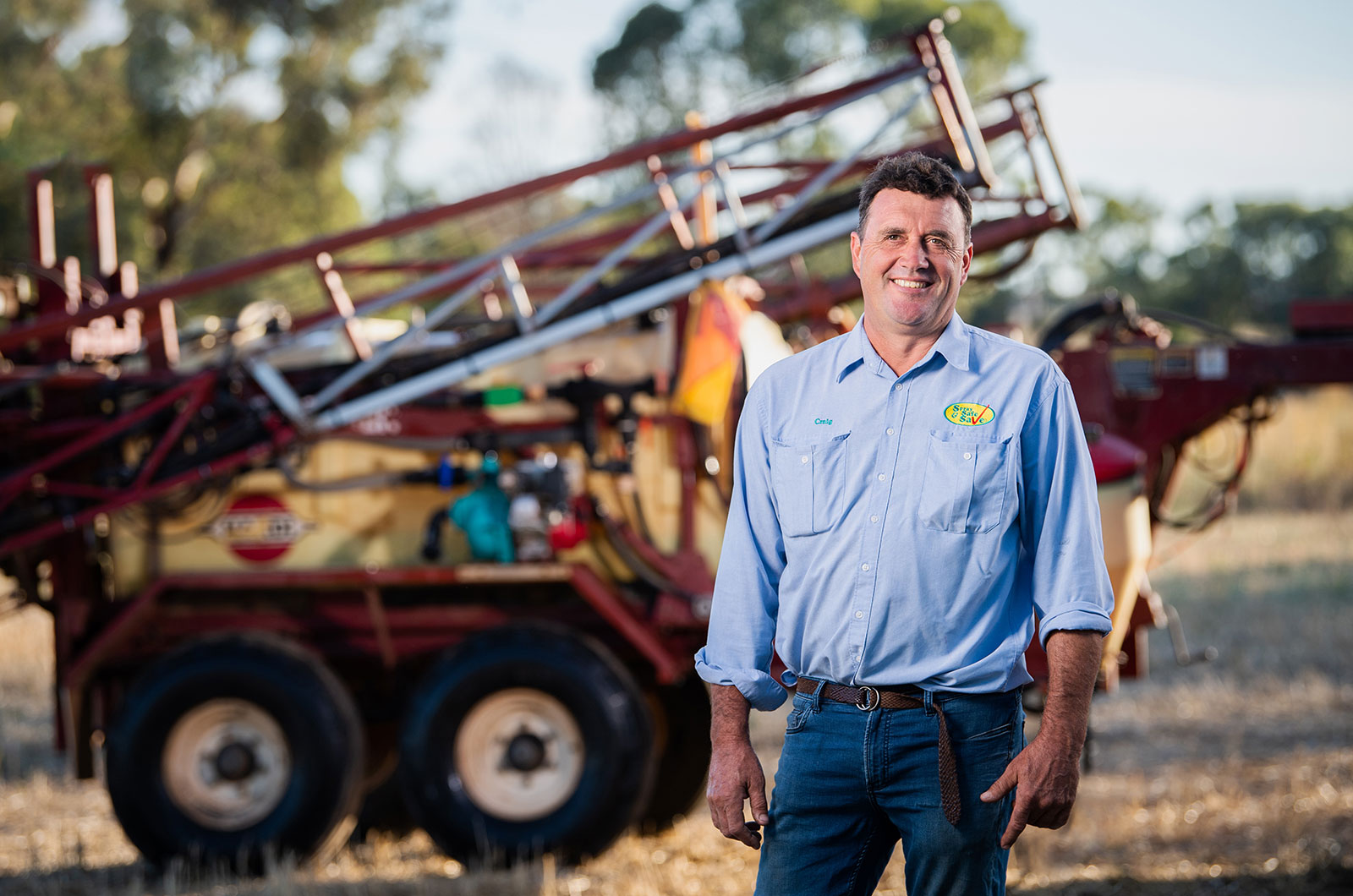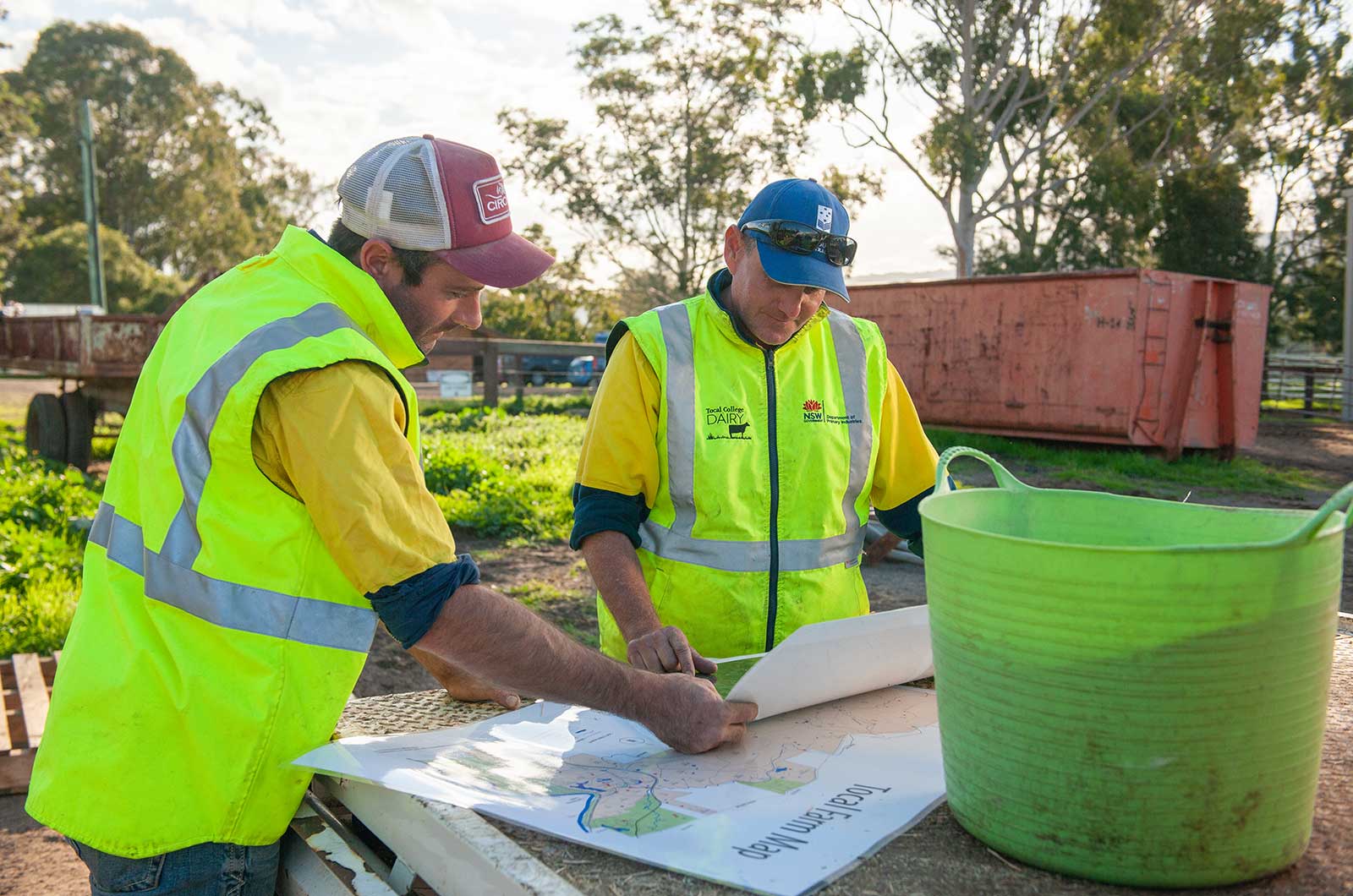The course is delivered at Tocal College, which has up-to-date training facilities and equipment, as well as commercial and demonstration farm enterprises including beef, dairy, sheep, horses, poultry, bees and cropping.
These enterprises invest in the latest technologies such as individual cow activity and health monitors, irrigation scheduling, and soil moisture probes; GPS / autosteer tractors and variable application rate equipment and automatic livestock ID, recording and drafting.
As a NSW DPIRD Research Centre, the College has had recent upgrades to many of its livestock handling facilities.
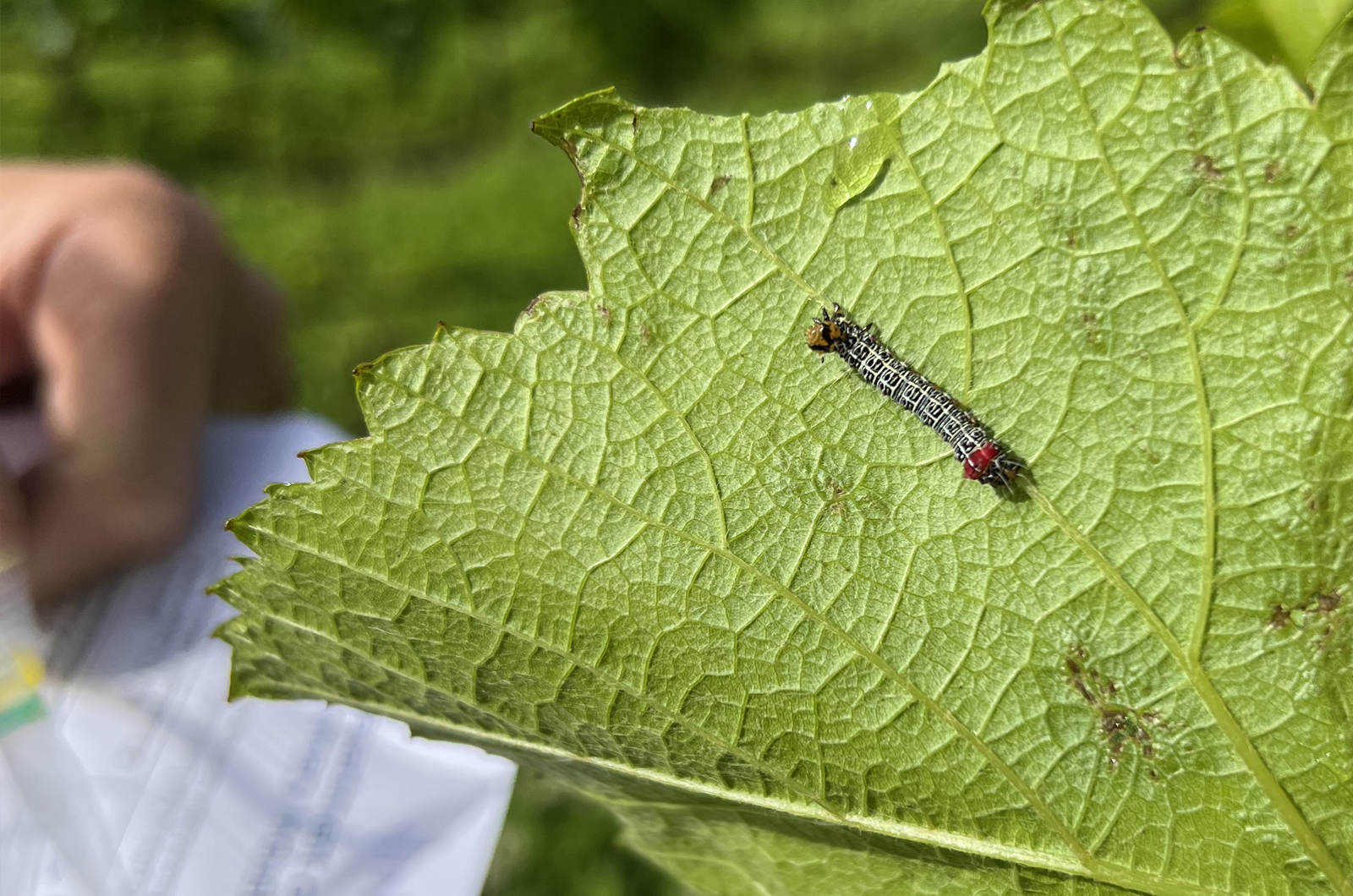 Type: Short course
Units: 3
Type: Short course
Units: 3


